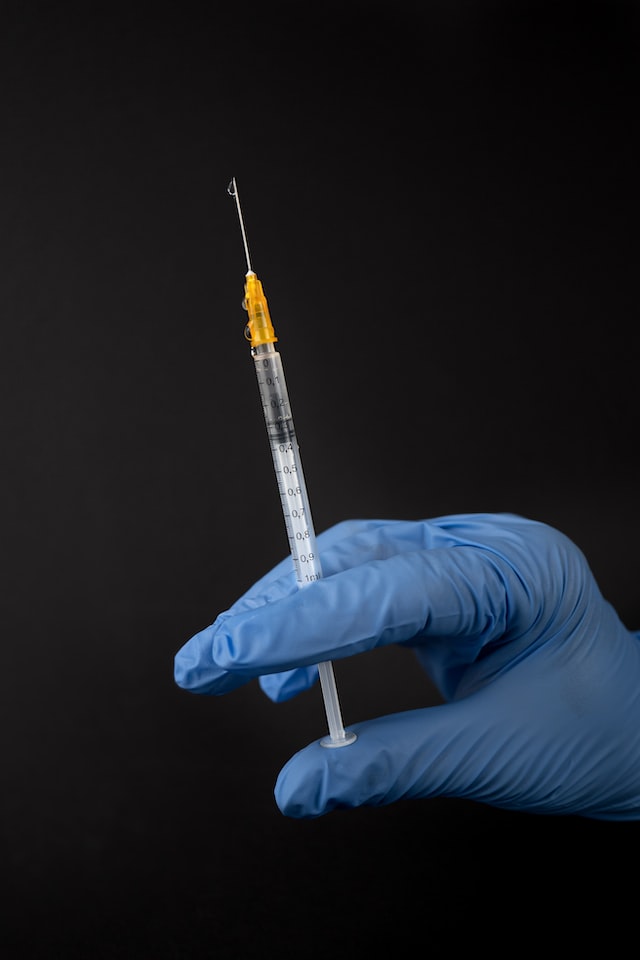What's the Difference Between 'Hyper' and 'Hypo'?
In this blog post we look at when to use hyper and when to use hypo.
'Hyper' or 'Hypo'?
Hyper and hypo are both prefixes used in medical and scientific terms to indicate a condition that is either above or below normal levels.
Hyper- is a prefix that means above, excessive, or increased.
In medical terms, it is often used to indicate a condition where there is an excessive or above-normal level of something.
For example, "hyperglycemia" refers to a condition where there is an excessive level of glucose (sugar) in the blood. "Hyperthyroidism" refers to a condition where the thyroid gland produces excessive amounts of thyroid hormones.
Hypo- is a prefix that means below, deficient, or decreased.
In medical terms, it is often used to indicate a condition where there is a below-normal level of something.
For example, "hypoglycemia" refers to a condition where there is a deficiency or below-normal level of glucose (sugar) in the blood. "Hypothyroidism" refers to a condition where the thyroid gland produces insufficient amounts of thyroid hormones.
In summary, hyper is a prefix that means above or excessive and is often used to indicate a condition where there is an above-normal level of something, while hypo is a prefix that means below or decreased and is often used to indicate a condition where there is a below-normal level of something.
Here are some example sentences to illustrate the difference between “hyper” and “hypo”:
Hyper:
"He was diagnosed with hyperthyroidism, which caused him to lose weight and feel anxious."
-
In this sentence, hyperthyroidism is a condition characterized by excessive levels of thyroid hormones, which caused the person to lose weight and feel anxious. The prefix "hyper" indicates that the condition is above normal.
Hypo:
"She was diagnosed with hypoglycemia, which caused her to feel dizzy and weak."
-
In this sentence, hypoglycemia is a condition characterized by low levels of glucose (sugar) in the blood, which caused the person to feel dizzy and weak. The prefix "hypo" indicates that the condition is below normal.
Hyper:
"He was experiencing symptoms of hypertension, which is a condition characterized by high blood pressure."
-
In this sentence, hypertension is a condition characterized by high blood pressure, the prefix "hyper" indicates that the condition is above normal.
Hypo:
"She was experiencing symptoms of hypothermia, which is a condition characterized by low body temperature."
-
In this sentence, hypothermia is a condition characterized by low body temperature, the prefix "hypo" indicates that the condition is below normal.
Examples of Hyper in a Sentence
"The stock market was in a state of hyperinflation." "He was feeling hyper after drinking too much coffee." "The computer runs on a hyper-fast processor." "The child was diagnosed with hyperactivity disorder." "The company is in a state of hyper-growth." "The new car model is equipped with hyper-advanced technology." "He had a hyper-sensitive reaction to the medication." "The hyper-realistic graphics made the game feel like a movie." "The hyper-connected world we live in today." "He had a hyper-energetic approach to solving the problem."
Examples of Hypo in a Sentence
"Her hypoallergenic shampoo helped her deal with her sensitive scalp." "The hypodermic needle was used to administer the vaccine." "The company was in a state of hypoactivity, with low sales and revenue." "His hypoactive thyroid led to him feeling tired and sluggish." "She was prescribed a hypo-osmotic solution for her dry eyes." "The camera's hypo-focal distance allowed for great close-up shots." "He had a hypo-metabolic rate which made it hard for him to lose weight." "He was diagnosed with hypo-sensitivity to light." "The hypo-tensive medication helped lower his blood pressure." "The hypo-thesis was disproved by the results of the experiment."

